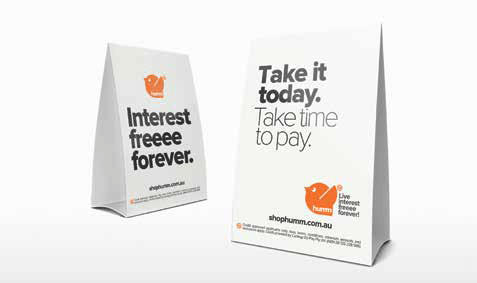New research suggests that Australian shoppers are increasingly savvy when it comes to spending and saving, and might be more reluctant to pay for services – even if they’re completely necessary.
So how can car mechanics reduce ‘bill shock’ and persuade customers to pay up?
What percentage of your clients service their car when they’re supposed to? How many come in with major damage that could’ve been prevented with minor repairs a year ago?
What expression do car owners wear when you quote for repairs or present them with their invoice?
If flexigroup’s latest research is anything to go by, ‘a lot’ is the answer to every one of those questions. According to the recent 2019 Spending and Saving Report, more than half the Australian respondents put off expenses such as necessary dental work because they can’t afford it, while 29 per cent delayed undergoing a medical procedure. Repairs are just as unfortunate as a bad tooth, and there is no ‘right’ time to have an accident. Maintenance is a necessary chore, and both are reluctant expenses. Even if the car owner has insurance, or even if their service is planned well in advance, repairs and maintenance can give them pause when it comes to their finances.
You may even know of cases where diagnosing and fixing a problem such as engine knocking as early as possible could potentially save car owners thousands of dollars down the line, but the client didn’t think it was worth a few hundred dollars at the time.
The report also found how Australian consumers love a bargain, with more than 90 per cent of consumers seeking out a discount or special offer prior to making a purchase, and two in three consumers admitting to searching for discounts all the time. In fact, more than half admit that seeking out discounts is almost like a full-time job. So bill shock shouldn’t come as a surprise when repairs can regularly add up to thousands of dollars.
It’s clear that mechanics need a secure and responsible way to remove this financial barrier so that clients feel comfortable having their car repaired or serviced in a timely manner without the shock of an unexpected bill.
Fix Now, Pay Later?
Buy now, pay later (BNPL) is a payment system becoming popular across multiple industries, including mechanics. The report reveals about seven in eight people have a good understanding of BNPL, which means the time is ripe for service businesses to offer ‘fix now, pay later’.
There is a range of BNPL providers out there that could complement your business. However, not all providers are created equal. Consider the following questions before partnering with any of them:
What due diligence does the provider do on their customers? This should include age limits, identification, residency and employment checks, and solvency checks.
How does the provider make money? Is it through high interest rates? Then there’s no incentive for a client to use BNPL over a credit card. Is it through late fees? This indicates they are purposely offering the BNPL service to those in financial hardship who can least afford it.
How long does the provider take to pay businesses? At the end of the month? That’s a long time in a business where cash flow is important. The next day? Great, the money’s ready when you need it.
Because the cost of a mechanic can range from a few hundred dollars to a few thousand, it also helps to have a BNPL provider with a price offering that covers your range of charges.
Once you choose a BNPL partner, make sure your clients know about it and understand the benefits of paying by future instalments. For starters, it helps that the cost of a regular service is spread over a longer period so they no longer have to contend with a tight pay period, or it may mean they are more likely to have minor issues seen to earlier in order to prevent bigger problems down the track.
The report states around seven in 10 consumers consider themselves savvy shoppers. BNPL services with low or no interest are the perfect option for these financially-conscious consumers. Offering a wider range of payment options is a relatively simple way to make a trip to the mechanic less financially painful for clients, to help you deliver a better customer experience without the threat of bill shock derailing your efforts.
Communication Is Key
It is easy for repairs and preventative maintenance to be put off if a consumer can’t see the damage themselves, or they don’t understand the importance. Communicate this well, including explaining the implications of delaying work on their vehicle.
You can use illustrations, use visual aids, and make comparisons with other important maintenance that they need in life, such as their health. This is all part of helping them make an informed decision, rather than a decision only based on dollar signs. Ultimately, try to remove as many barriers as possible, especially the fear of breaking their budget.
About The Author
Libby Minogue is the Chief Revenue Officer at flexigroup, the pioneer of buy-now-pay-later in Australia, and the engine behind humm. Humm offers consumers access to responsible buy-now-pay-later for purchases with partner retailers from $1-$30,000. The platform is split into two bands titled ‘Little Things’ (up to $2,000) and ‘Big Things’ (up to $30,000).
Humm is offered in over 15,000 retailers across Australia, including Myer, IKEA, and Just Group.





